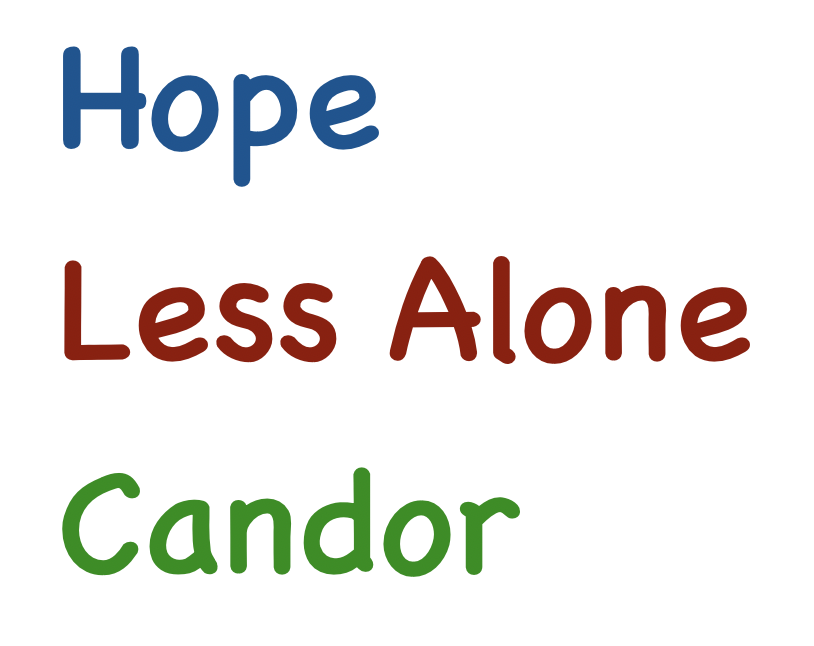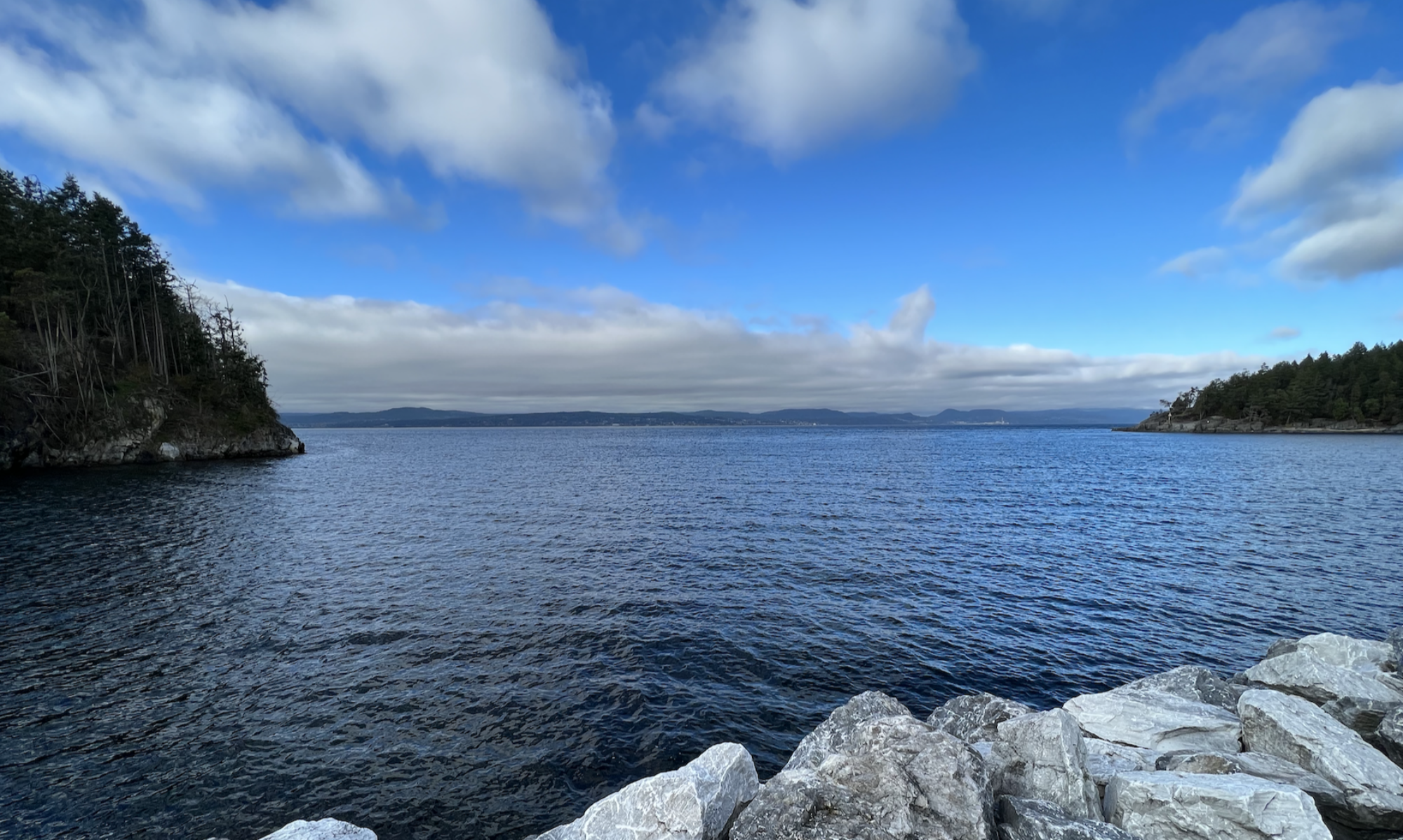
Let’s be clear up front — not all outcomes in all circumstances are the same. We can do better than the seduction that lumps all of those many kinds together.
When I’m engaged in conversations with groups about outcomes, I continue to find it useful to differentiate contexts. The outcomes for a clear and simple context are more like a checklist. The outcomes for a complex context are of a different ilk — often a widened sense of imagination.
A few weeks ago, I offered a coaching session to a colleague. He wanted help conceiving an approach to community engagement around something important in his job. We talked, shared stories, imagined a few choices, and dug a bit deeper to some values. I loved his clarity. Towards the end of the call I asked him, “is this useful.” His response is what I’d call very good outcomes from that complex situation that needed widened view. He said sincerely, “yes, I’ve got renewed hope and I feel less alone.”
When we are working with complex stuff, when there isn’t one right answer, this is when we need to build a sense of community. A community that builds around “hope” and “not aloneness” is really fantastic starting place.
Also a couple of weeks ago, towards the end of working a full day with a group of 25 online, one of the participants was offering her observation about outcome from the complexity of her group. She said, “we’ve spoken with candor.” Again, powerful outcome for a complex circumstance.
So, I’ve been nudging people to nuance their sense of outcomes. Most of the work that I’m involved in is rooted in rather complex realities. And though, it is in most of us to grip ourselves to checklists of outcomes, I find it particularly delightful to see the group come to value such important nuances of finding ways to go well together.
Renewed hope.
Feeling less alone.
Expresseded candor.
